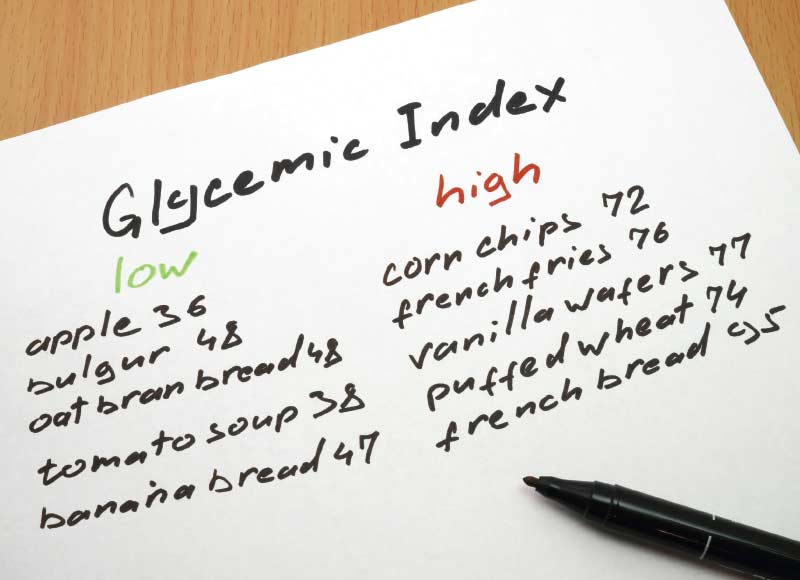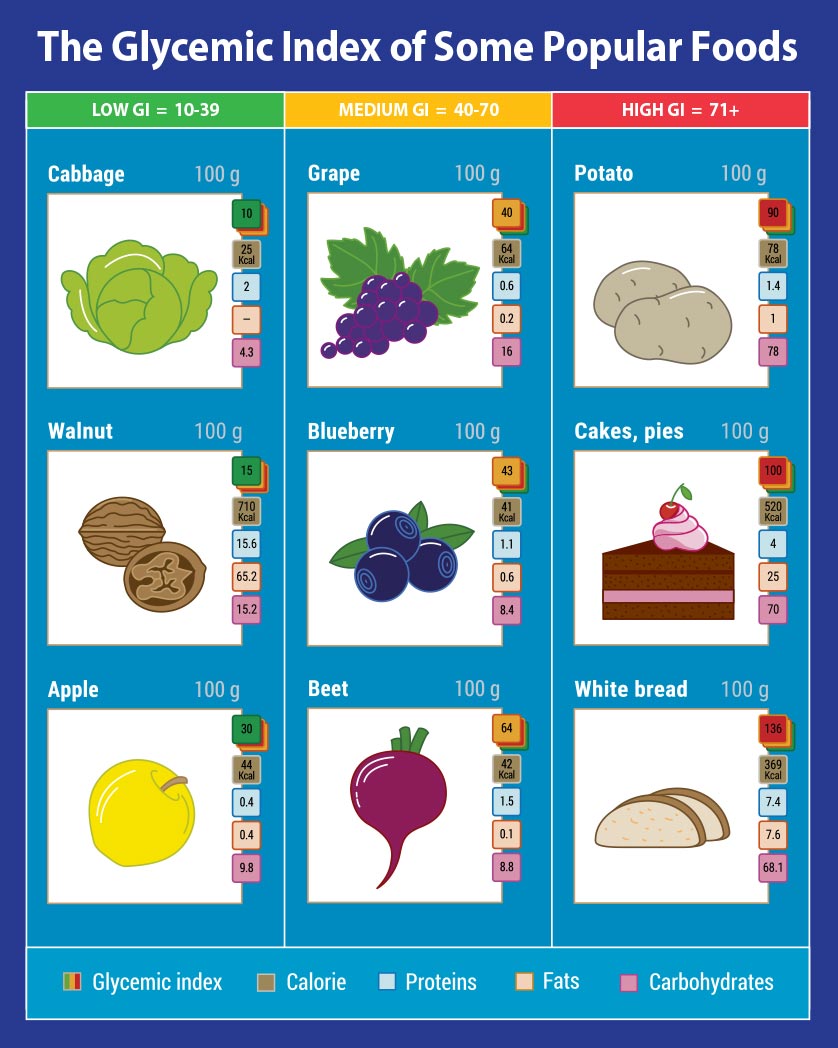Carbohydrates Linked to Gum Disease
A Better Diet Promotes Healthier Smiles
Dear Doctor,
My dentist told me that changing my diet could help me control gum disease. Is that really true?
Dear Anita,
I'm glad your dentist is highlighting the importance of diet as a factor in periodontal health. We've known for a long time that what you eat affects your oral health, mainly in terms of what it does to your teeth and gums directly. (For example, consuming excess sugar generally leads to tooth decay.) But evidence is mounting that diet is also an important factor in promoting or inhibiting inflammation throughout the body. The research my colleagues and I have conducted shows not only that the wrong diet can aggravate inflammation, but that an improved diet can actually be protective of oral health — even when plaque is present.
The research my colleagues and I have conducted shows not only that the wrong diet can aggravate inflammation, but that an improved diet can actually be protective of oral health — even when plaque is present.
Our study, conducted in Freiburg, Germany, looked at the oral health of patients with gingivitis ("gingiva" – gum tissues, "itis" – inflammation) after four weeks on a special diet. In Germany, as in the rest of the Western world, over 45% of people's diet consists of carbohydrates. For some people, eating too many carbs leads to chronic inflammation, which is reflected in the health of your gums and teeth.
Not All Carbs Are Created Equal
The inflammation-triggering effect of carbohydrates depends on the type of carbohydrate we are talking about. Foods can be rated on the glycemic index, a measure of the speed at which they are digested to form glucose. High glycemic index foods — including simple or refined carbohydrates such as sugar, bakery items, white rice, mashed potatoes, etc. — can cause a spike in blood sugar and an increase in insulin levels, leading to inflammation.
 |
Complex or unrefined carbohydrates, in contrast, have a low glycemic index. This means they are digested slowly and steadily, so they don't drastically change blood glucose levels. Many studies suggest that foods with a low glycemic index — including most vegetables, greens, beans, nuts and whole grains — hinder inflammation.
What Else Contributes to Oral Inflammation?
Inflammation is also aggravated by an imbalance between Omega-6 and Omega-3 fatty acids. There is growing evidence that Omega-3 fatty acids (found in walnuts, fish oil, flaxseed oil, etc.) reduce inflammation of periodontal tissues, while consuming too many Omega-6 fatty acids (found in margarine, safflower oil, sunflower oil, corn oil, etc.) can lead to inflammation.
Further, vitamins C and D play an important role in periodontal health, staving off inflammation of gums and other tissues that support the teeth. Antioxidants, such as those found in berries, green tea and coffee, are important in protecting our oral health as well.
 |
| The Glycemic Index of Some Popular Foods
Click to enlarge |
Our Study
For our pilot study, we recruited 15 otherwise healthy adults with gingivitis who ate a diet based mainly on carbohydrates. We divided the participants into two groups. One group of 5 (the control group) continued eating their normal high-carbohydrate diet. The other group of 10 (the experimental group) were asked to follow a daily diet that included the following:
- Fewer than 130 grams of carbohydrates. Participants in the experimental group were instructed to restrict foods like sugar, white flour, sweetened beverages, rice, and white potatoes.
- Omega-3 fatty acids. Group members were also asked to eat foods rich in Omega-3 fatty acids (e.g., salmon and nuts) while reducing intake of Omega-6 fatty acids and trans-fatty acids (e.g., fried food, chips, donuts, etc.).
- Vitamin C (e.g., kiwis, citrus fruit, bell pepper).
- Vitamin D (e.g., exposure to the sun, vitamin D supplements, vitamin D-containing food such as avocado).
- Antioxidants (e.g., berries, green tea, coffee).
- Fiber (e.g., vegetables, fruits, beans).
Every week, dentists evaluated all study participants for plaque, gum bleeding, probing depths (measurements done with a hand-held instrument to check the attachment of the gum to the tooth), and bleeding upon probing.
Healthy Diet, Healthy Gums
The group that changed to a low-carbohydrate, anti-inflammatory diet showed a significant improvement in oral health after the four-week study period. In fact, even though the level of plaque stayed constant in both groups, inflammation in the experimental (low-carb) group was cut in half after four weeks! In the control group, however, gum inflammation actually increased.
Our results show that diet has a profound effect on gum disease. Eating too many refined carbohydrates can encourage inflammation of the gums and periodontal tissue, so for a healthy smile eat a diet low in refined carbohydrates and rich in Omega-3s, vitamins C and D, antioxidants and fiber. And keep going in for your regular dental checkups so that if there is a problem, you can take care of it as early as possible.




